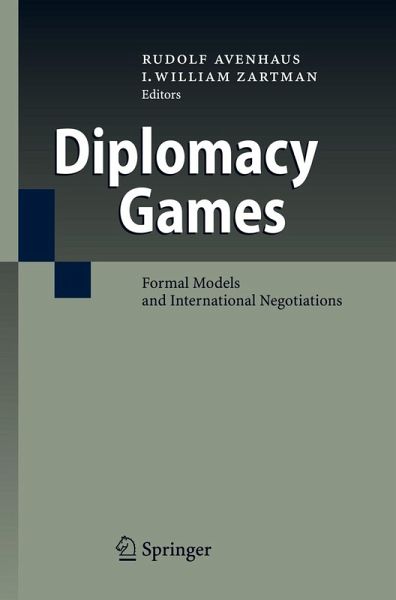Diplomacy Book Pdf
Cultural diplomacy, which has been defined as “the exchange of ideas, information, art, and other aspects of culture among nations and their peoples in order to foster mutual understanding,”2 is the linchpin of public diplomacy; for it is in cultural activities that a nation’s idea of itself is best represented. Modern diplomacy Download modern diplomacy or read online here in PDF or EPUB. Please click button to get modern diplomacy book now. All books are in clear copy here, and all files are secure so don't worry about it.

A brilliant, sweeping history of diplomacy that includes personal stories from the noted former Secretary of State, including his stunning reopening of relations with China. The seminal work on foreign policy and the art of diplomacy.
Moving from a sweeping overview of history to blow-by-blow accounts of his negotiations with world leaders, Henry Kissinger describes how the A brilliant, sweeping history of diplomacy that includes personal stories from the noted former Secretary of State, including his stunning reopening of relations with China. The seminal work on foreign policy and the art of diplomacy. Moving from a sweeping overview of history to blow-by-blow accounts of his negotiations with world leaders, Henry Kissinger describes how the art of diplomacy has created the world in which we live, and how America’s approach to foreign affairs has always differed vastly from that of other nations. Brilliant, controversial, and profoundly incisive, Diplomacy stands as the culmination of a lifetime of diplomatic service and scholarship. It is vital reading for anyone concerned with the forces that have shaped our world today and will impact upon it tomorrow. Whatever one may think about Kissinger, he is an indispensable theorist of realpolitik, balance of power politics, and the national interest. I originally picked the book up because I wanted something that covered a large span of history and was written clearly and simply.

What Is Diplomacy Pdf
The book did not let me down. What is accomplished in 850 odd pages? There are two major themes that run throughout the book: that countries have survived and prospered largely when they have been practitioners of realpolitik; Whatever one may think about Kissinger, he is an indispensable theorist of realpolitik, balance of power politics, and the national interest. I originally picked the book up because I wanted something that covered a large span of history and was written clearly and simply. The book did not let me down. What is accomplished in 850 odd pages? There are two major themes that run throughout the book: that countries have survived and prospered largely when they have been practitioners of realpolitik; but also, that leaders have performed best when balancing the necessities of survival in the international system with their own domestic needs (the converse of this is when leaders understand domestic needs in a way that allows them to work effectively in international politics).
In a sense, then, the book creates some of the fabric for Lebow's A Cultural Theory of International Relations. For some, his portrayal of international relations may be too simplistic. But there is something to be said for simplicity when it weaves over 200 years of diplomacy into a coherent narrative. In addition, the problems he explores in the post-cold war world (he wrote the chapter amazingly in 1994) in retrospect seem prescient. In part he says that the US will need to figure out whether it should be a beacon or a crusader (presumably of liberty and democracy). The country is now suffering the hangover of being a crusader and is now struggling to regain its stature as a beacon. The challenge he specifies-- for the US to find a national interest-- is now the one that the US is facing--if not overtly.